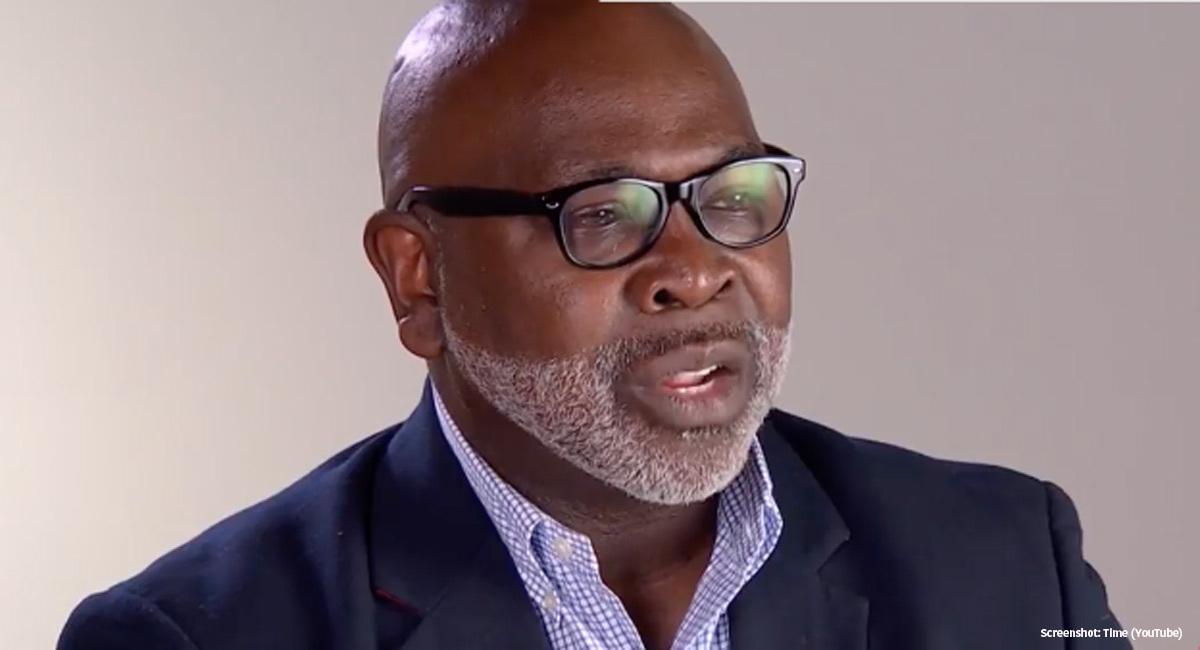For a 2014 article in Esquire, a reporter visited abortionist Willie Parker’s abortion facility, where Parker had a script he was required by law to read to women before their abortions, warning them of abortion’s risks. As Parker read, he undermined the script by adding his own comments. The article described what he actually told women coming to him for abortions:
“There’s some things that the state requires me to tell you,” [Willie Parker] begins. “Some of the information I’m required to give you is designed to discourage you or to scare you about the decision you’re making, so I’m going to tell you the things that I have to tell you by law, but I’m also going to tell you what in my best medical opinion is more important for you to know.”
In an almost priestly cadence, he builds a sermon around the word required. The first thing he’s required by state law to explain is the possibility of complications. He could poke a hole in a uterus. There could be a life-threatening hemorrhage or infection, or damage to the bowel, fallopian tubes, ovaries, or bladder. There’s also a possibility that their womb could be so severely injured a hysterectomy would be required, which would mean they couldn’t have babies in the future.
The article described how the women reacted to this speech: “With this news, the faces of the women become even more somber. The still ones remain completely still; the jittery ones get more jittery.”
But Parker kept talking:
“But guess what?” he continues with another reassuring smile. “Those are all the exact same risks that go with having a baby. In fact, they’re more likely to happen giving birth than they are with an abortion; a woman is ten times more likely to die in childbirth than she is having an abortion.”
The women’s faces show relief. Some of the motionless ones finally shift position.
In reality, there is no reliable information to prove that abortion is safer than childbirth. An article at the Equal Rights Institute debunks one of the only studies claiming to show that abortion is many times safer than childbirth.
Accurate records on abortion complications are not kept. According to a 2018 report from the pro-abortion Guttmacher Institute, Planned Parenthood’s former research arm, only 28 out of 50 states require abortion complications to be reported.
The states that have reporting requirements rely on abortion facilities to report complications. Some former abortion workers have testified that they tried to hide complications from the public. Hellen Pendley admitted that her facility had a paper shredder used to destroyed medical records when women had complications. It would be naïve to assume all facilities willingly report all complications.
Monique Chireau, a professor of obstetrics and gynecology at the Duke University School of Medicine, admitted in the New York Times in 2014:
The truth is we have no idea what the rates of morbidity and mortality for abortions are in the United States, because the data system is flawed. Despite all we may hear about abortion being a benign procedure, it’s really not.
READ: New ‘no-test’ abortion pill protocol seeks to broaden ‘access’ with no concern for women’s safety
Abortion providers may not even be aware of some complications. If a woman develops complications after she leaves an abortion facility and goes to her own doctor or hospital for follow-up treatment instead of coming back to the facility, the facility personnel may never learn of the complication.
Pro-lifer George Grant quotes abortion researcher and OB/GYN Matthew Bulfin saying that agencies that collect abortion complication statistics are…
… missing vital input for their mortality and morbidity studies by not seeking information from the physicians who see the complications of legal abortions – emergency room physicians, and the obstetricians and gynecologists in private practice. The physicians who do the abortions in the clinics and centers where abortions are done should not be the only sources from which complication statistics are derived.
Even pro-abortion experts have conceded that abortion statistics on complications are faulty. The New York Times noted in 2006:
Dr. Cynthia Summers, a spokeswoman for Mifeprex’s manufacturer, Danco Laboratories, said a comparison of the risks of medical and surgical abortion was unfair because, she said, reports of problems with surgical procedures were poorly collected.
And Susan Tew, deputy communications director for Guttmacher, conceded that its data on long-term risks is old and “pretty poor.” The National Abortion Federation should have this information, but they don’t because the providers don’t follow up with their patients.1
Without reliable statistics and studies, we cannot say that abortion is safe. There is no evidence that Parker’s statistic is true.
Willie Parker is the same abortionist who was accused of sexual assault in 2019. In a debate in 2017, Parker admitted that “abortion ends a life.”
-
Candace C. Crandall “None of our Business” The Woman’s Quarterly Summer 1997
“Like” Live Action News on Facebook for more pro-life news and commentary!







